.png)

With all the challenges facing the profession, it is important to highlight people and organizations that are working hard to make a difference. On that note, tomorrow, Tuesday the 25th of September 2012 is the very first National Psychotherapy Day. Having a day of unified, active promotion of psychotherapy is the brain child of psychologist Ryan Howes. At his side is the Psychotherapy Foundation (PF), a nonprofit foundation, dedicated to promoting the therapeutic relationship as an “effective, long-lasting, collaborative approach” to resolving emotional, behavioral, and relational problems. What’s not to like? Dr. Howes and the PF are encouraging people who have seen a therapist to talk or blog about their experience. They are calling on therapists to commit to sharing research documenting the effectiveness of psychotherapy with the public (write a letter to the editor of your local paper, offer to do an interview, give a brief presentation at the Chamber of Commerce).
Surveys show that the two primary barriers to seeking the help of a therapist are: (1) cost of the service (cited by 81%); and (2) lack of confidence in the outcome of therapy (78%). Of these two barriers, the first is entirely understandable. Times are tough and treatment costs money. It is for these this reason that Dr. Howe and the PF are asking all who participate in the day to support their local, low-fee counseling centers in whatever way possible.
The second barrier is more troubling and, frankly, difficult to understand and address. Research overwhelmingly supports the efficacy of psychological treatment. Indeed, the American Psychological Association issued a rare, formal resolution this last month recognizing the effectiveness of psychotherapy! Listen to the language:
- Whereas the effects of psychotherapy …are widely accepted to be significant and large;
- Whereas the results of psychotherapy tend to last long and be less liely to equire additional treatment courses than psychopharmacological treatments;
- Whereas comparisons of different forms of psychotherapy most often result in relatively nonsignificant difference, and contextual and relationship factors (not captured by a patient’s diagnosis or by the therapists use of a specific psychotherapy) mediate or moderate outcomes;
- Whereas the best research evidence conclusively shows that individual, group, and couple/family psychotherapy are effective for a broad range of…problems with children, adolescents, adults, and older adults;
- THEREFORE be it resolved that, as a healing practice and professional service, psychotherapy is effective and highly cost effective…and should be included in the health care system as an established evidence-based practice.
Strong words, right? Even so, it’s very clear that the public’s lingering doubts about effectiveness will require than a proclamation. It is for this reason that Dr. Howes and PF are asking all those currently in care to provide constructive feedback to their therapist. Therapists, in turn, are encouraged to seek and respond to feedback from their clients. As reviewed here on this blog, numerous studies document the positive impact that routine feedback from clients has on retention and outcome of service. Free evidence-based tools are available for download from this website for soliciting formal feedback from consumers. Plus, the International Center for Clinical Excellence web-based community–the largest group of clinicians and researchers dedicated to improving the quality and outcome of psychotherapy via the use of ongoing feedback–stands ready and willing to be of support.
So, why the turquoise? Well, its’ the official color of National Psychotherapy Day. To show your support, Dr. Howes and PF are asking all to wear something with that color tomorrow.


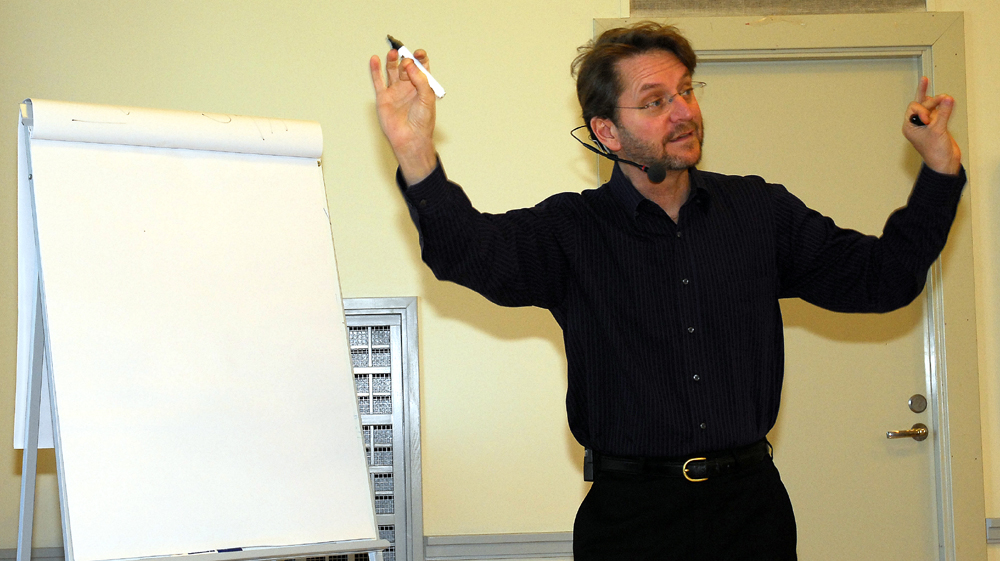
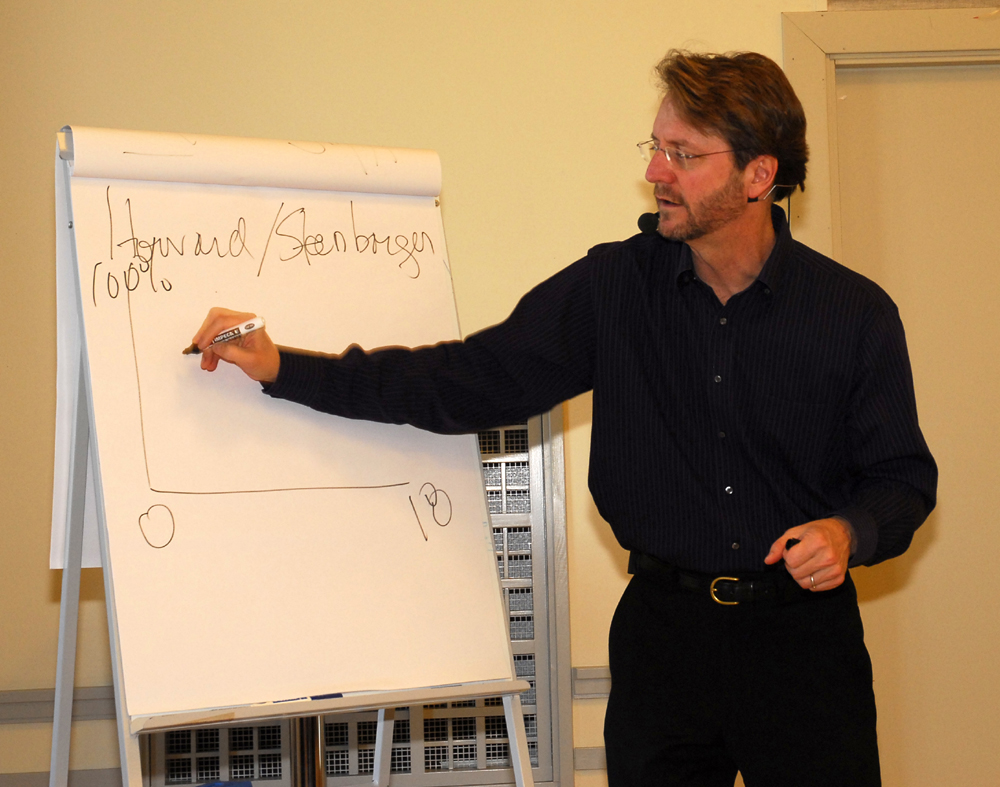
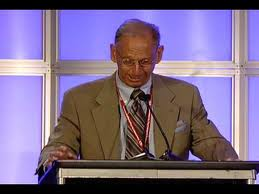



.jpg)


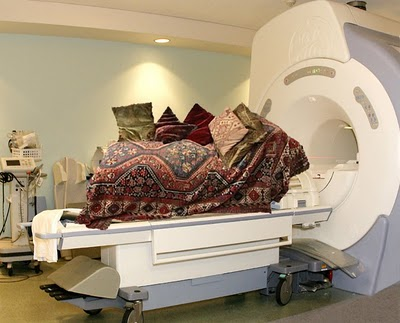

.jpg)
.jpg)


.jpg)
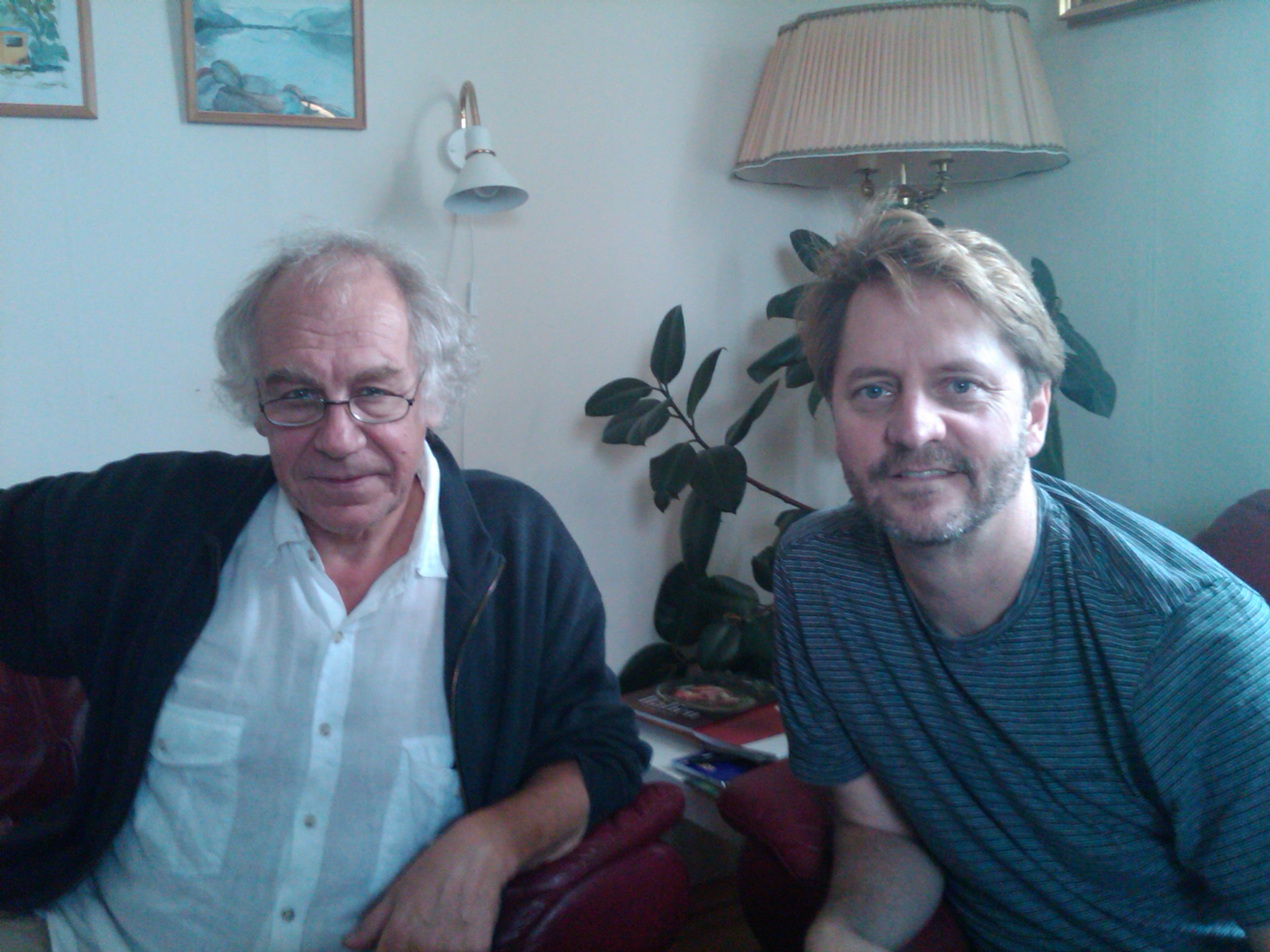
.jpg)
